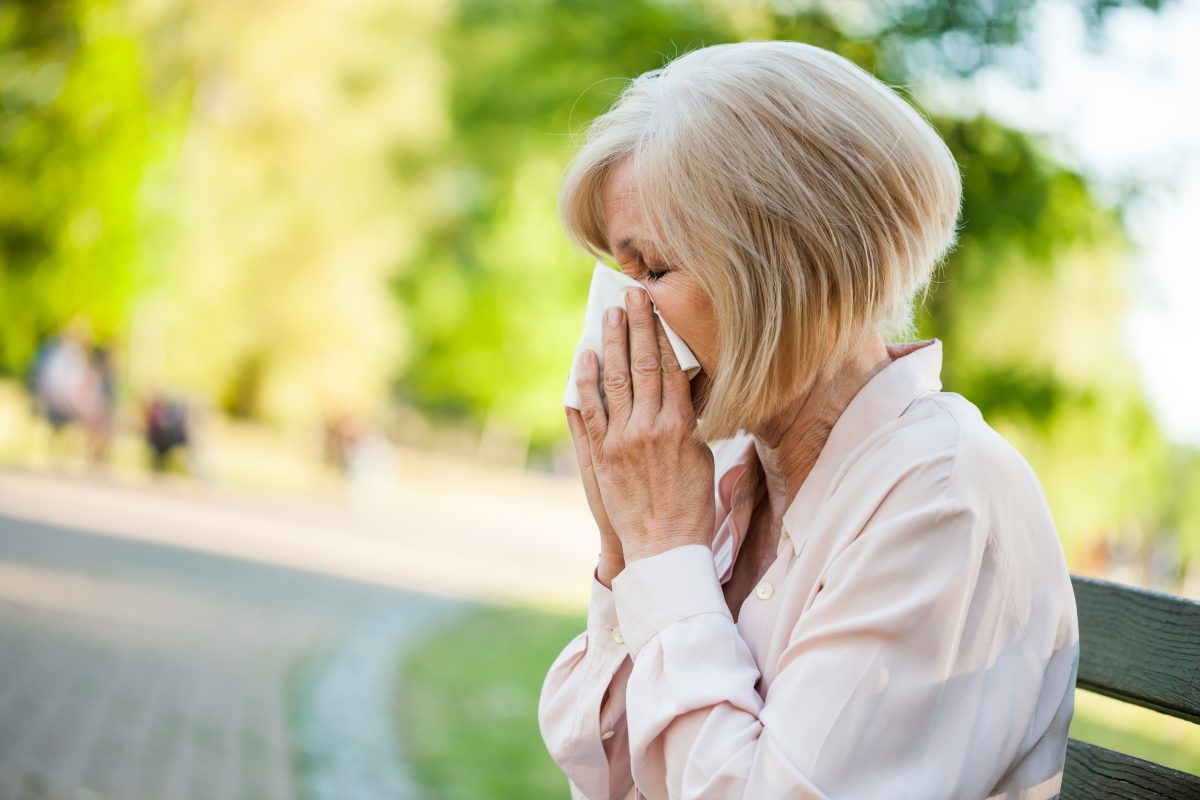As spring sneaks up on us, so does the pesky pollen that triggers seasonal allergies. At McPeak’s Assisted Living, we understand the importance of helping our residents navigate allergy season with ease. That’s why we’ve compiled a list of spring allergy management tips tailored to seniors, ensuring they can fully enjoy the beauty of the season without the bothersome symptoms.
1. Stay Informed: Knowledge is key to managing allergies effectively. Keep an eye on local pollen forecasts and air quality reports to plan outdoor activities accordingly. On high pollen days, consider staying indoors during peak pollen hours, typically in the early morning and late afternoon.
2. Keep Living Spaces Clean: Regular cleaning can significantly reduce allergens indoors. Make sure you dust frequently, vacuum with a HEPA filter, and wash bedding in hot water weekly to remove pollen and other allergens that may have settled indoors.
3. Create an Allergy-Friendly Environment: Minimize exposure to allergens by keeping windows closed during peak pollen times and using air conditioning with a clean filter to circulate air indoors. Consider investing in a HEPA air purifier for common areas to help trap airborne allergens.
4. Practice Good Personal Hygiene: Make sure you shower and change clothes after spending time outdoors to remove pollen clinging to their skin and clothing. Additionally, avoid drying laundry outdoors during allergy season, as pollen can easily collect on freshly washed clothes.
5. Use Allergy Medications Wisely: Over-the-counter and prescription allergy medications can provide relief from symptoms like sneezing, itching, and congestion. However, consult with your healthcare provider before starting any new medication and to follow dosage instructions carefully.
6. Explore Natural Remedies: If you prefer to explore natural remedies for allergy relief, check out options such as saline nasal rinses, steam inhalation, and herbal teas that may offer relief from mild allergy symptoms.
7. Optimize Diet and Nutrition: A healthy diet rich in fruits, vegetables, and anti-inflammatory foods can support overall immune health and may help reduce allergy symptoms. Be sure to stay hydrated and incorporate foods high in vitamin C, omega-3 fatty acids, and quercetin into your diet.
8. Seek Professional Advice: If you have severe or persistent allergy symptoms, seeking guidance from an allergist or immunologist may be beneficial. Allergy testing can identify specific triggers, allowing for targeted treatment and management strategies tailored to individual needs.
By implementing these spring allergy management tips, seniors can enjoy the beauty of the season while minimizing discomfort from seasonal allergies. Our dedicated staff is here to support residents every step of the way, ensuring they can thrive and make the most of each day, no matter the season.


